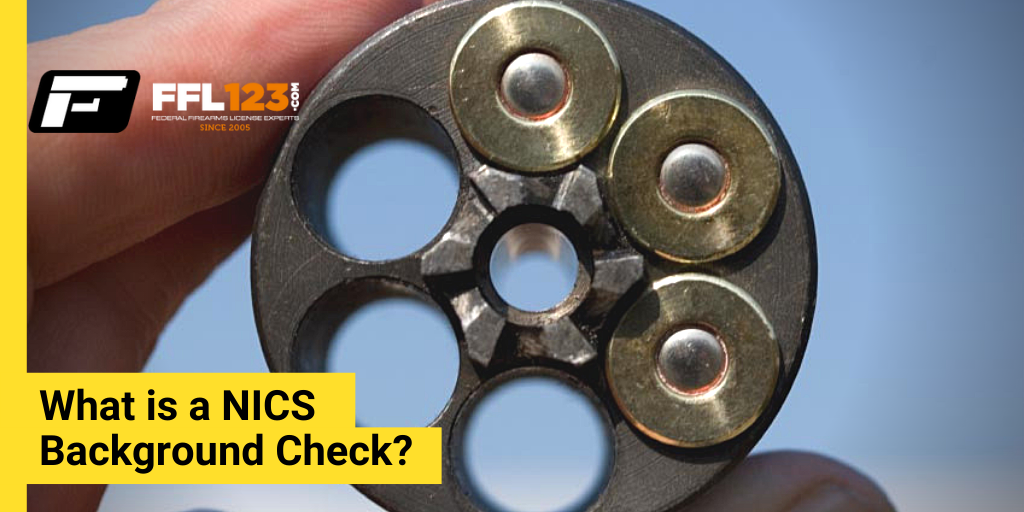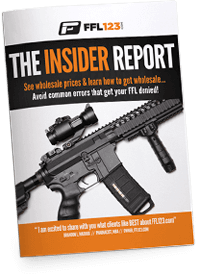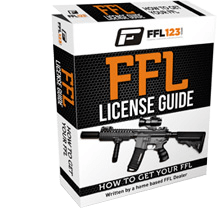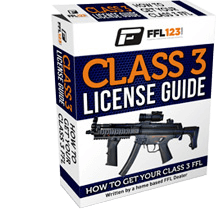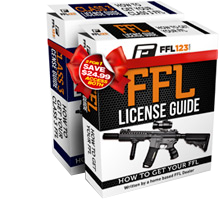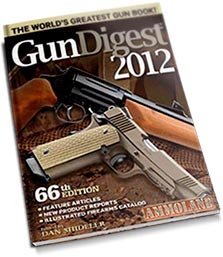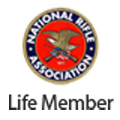Table of Contents
FFL Dealer – NICS background check (NICS Check)
The Brady Handgun Violence Prevention Act, also known as the Brady Law or Brady Act, completely changed how firearms businesses operate when it comes to the sale of firearms. This was the ruling which put into place the required NICS background checks (NICS Check) for the sale of firearms by a FFL dealer. The Brady Law was signed into effect by President Bill Clinton on November 30, 1993. Almost 30 years later, it still plays a huge role in how the gun businesses operate.
What is NICS?
The government loves acronyms. NICS (pronounced “nicks”) stands for the National Instant Criminal Background Check System, and it is intended to identify people prohibited under federal law from purchasing firearms from a licensed dealer.
When is NICS Used?
There are three instances when a NICS check can be initiated. The first is when an FFL dealer is conducting a firearm transfer. The second gives local, state, or federal criminal justice agencies information in connection with an explosive or firearms related permit or license, as is required by law. The third allows NICS to give information to BATFE (Bureau of Alcohol, Tobacco, Firearms, and Explosives) in regards to civil or criminal law enforcement activity related to the Gun Control Act of 1968 or the National Firearms Act of 1934.
How Does it Work?
The entire purpose of the Brady Law is to help prevent criminals or other unqualified individuals from obtaining firearms, which we can all agree is a good thing. This is accomplished by running the name and description of the individual purchasing the firearm through several different national databases. These databases include the National Crime Information Center (NCIC), the Interstate Identification Index (III), and the NICS index. For non-US citizens, the databases of the Department of Homeland Security’s US Immigrant and Customs Enforcement (ICE) are also checked.
NICS and POC
Although a background check is required on firearms transactions for FFL dealers in all 50 states, not all states participate in the federal NICS program. These states are called Point of Contact (POC) states, and just because they don’t use NICS doesn’t mean they’re flouting the law.
In these cases, the state chooses a state agency to serve as the point of contact between NICS and the FFL dealer. When a sale is going to be made, the dealer will contact the POC to initiate the background check. States can also be partial POC states in which the dealers use the POC for handgun checks and contact NICS directly for the long gun checks. The list of all 13 POC states includes Hawaii, Oregon, California, Nevada, Utah, Colorado, Illinois, Tennessee, Florida, Connecticut, New Jersey, Pennsylvania, and Virginia. The seven partial POC states include Washington, Wisconsin, New Hampshire, Maryland, Nebraska, Iowa, and North Carolina.
Other Options
Some states also have a system in place where a permit replaces the need for a NICS check. Usually these are states which have a rigorous procedure in which an FBI background check occurs for obtaining a concealed weapons permit. At the time of this article, there are 25 states like this. They include Alaska, Arizona, Arkansas, California, Georgia, Hawaii, Idaho, Iowa, Kansas, Kentucky, Louisiana, Michigan, Mississippi, Montana, Nebraska, Nevada, North Carolina, North Dakota, Ohio, South Carolina, South Dakota, Texas, Utah, West Virginia, and Wyoming.
All of this may sound confusing, but it’s essential to know the ins and outs if you’re going to be an FFL dealer. Join FFL123.com today to gain access to our member-only forums where there’s plenty of information about NICS, POC, and more!
See NRA Review of FFL123.com See Benefits of a Federal Firearms License Who have we helped? See the Map…




